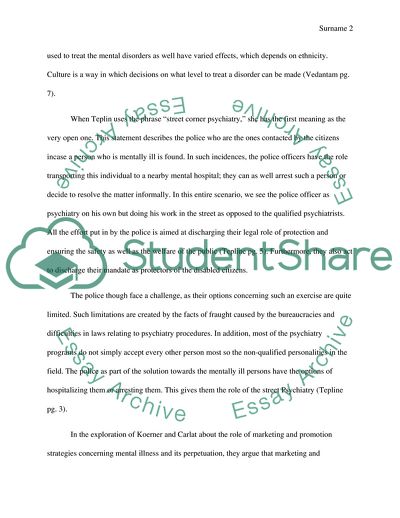Cite this document
(Sociology 316: The Sociology of Mental Health and Illness Literature review, n.d.)
Sociology 316: The Sociology of Mental Health and Illness Literature review. https://studentshare.org/sociology/1815750-sociology-316-the-sociology-of-mental-health-and-illness
Sociology 316: The Sociology of Mental Health and Illness Literature review. https://studentshare.org/sociology/1815750-sociology-316-the-sociology-of-mental-health-and-illness
(Sociology 316: The Sociology of Mental Health and Illness Literature Review)
Sociology 316: The Sociology of Mental Health and Illness Literature Review. https://studentshare.org/sociology/1815750-sociology-316-the-sociology-of-mental-health-and-illness.
Sociology 316: The Sociology of Mental Health and Illness Literature Review. https://studentshare.org/sociology/1815750-sociology-316-the-sociology-of-mental-health-and-illness.
“Sociology 316: The Sociology of Mental Health and Illness Literature Review”. https://studentshare.org/sociology/1815750-sociology-316-the-sociology-of-mental-health-and-illness.


